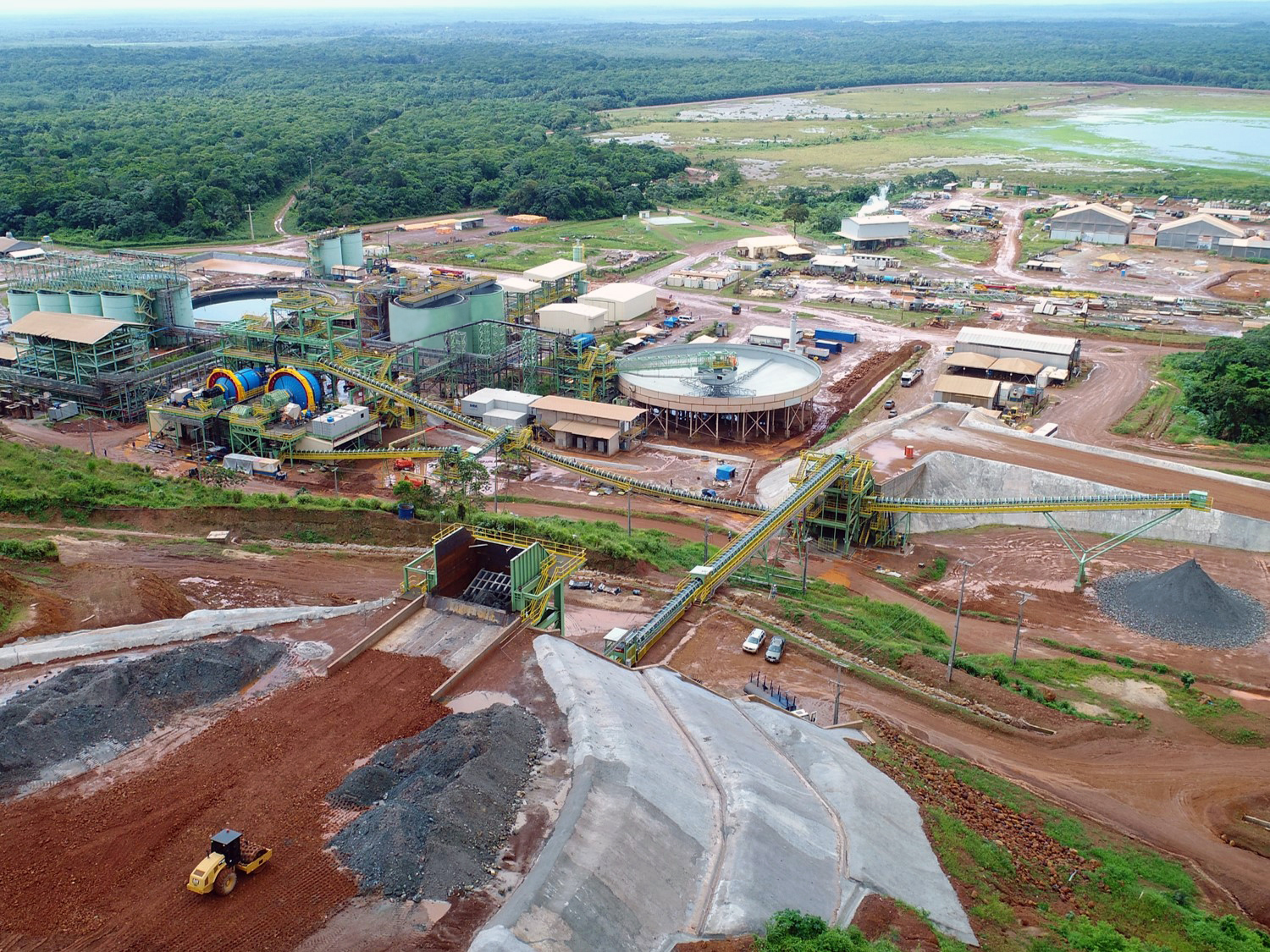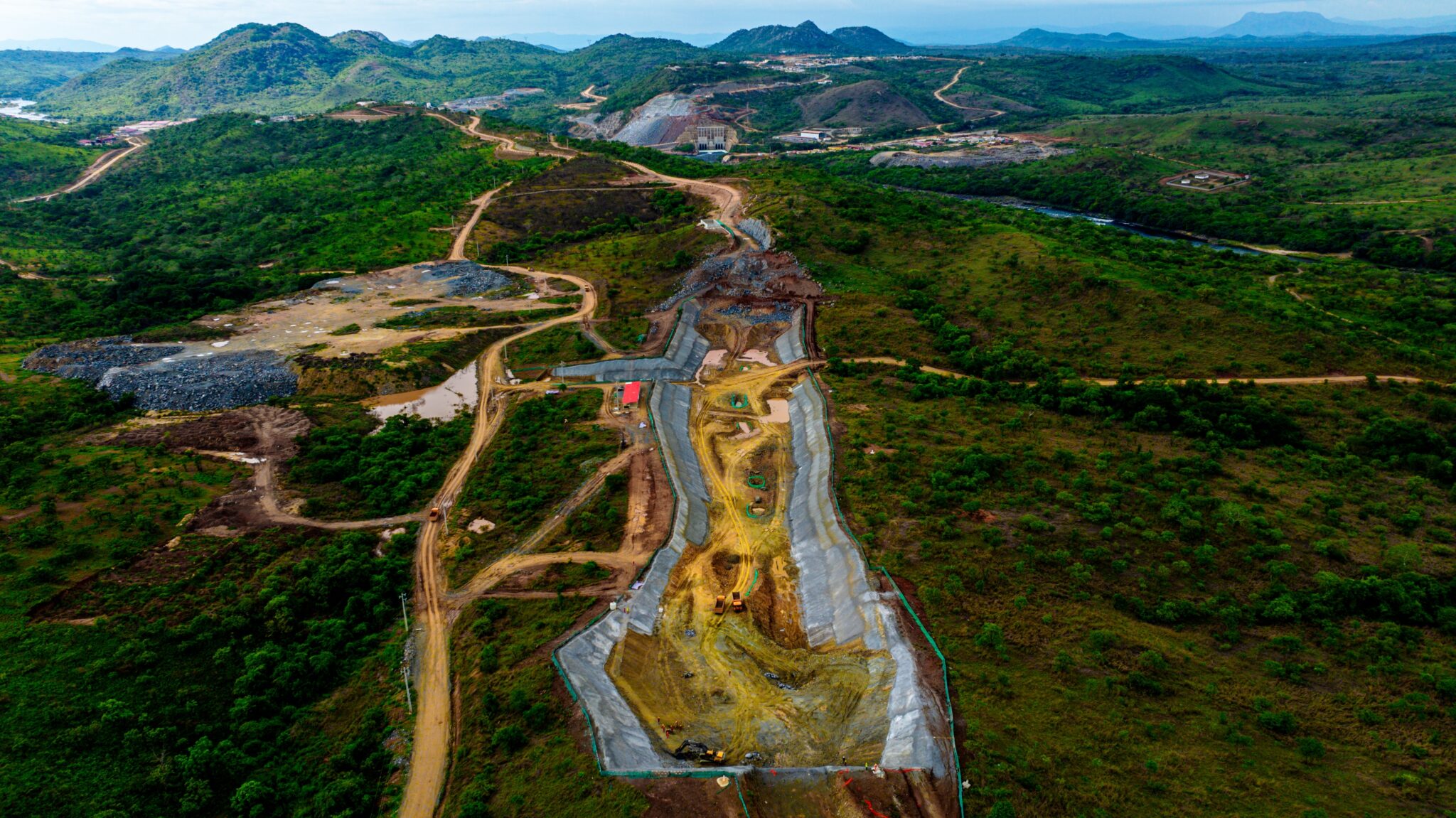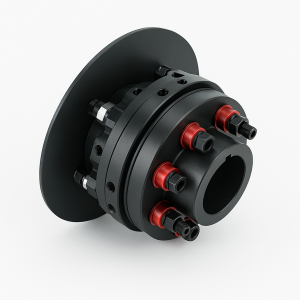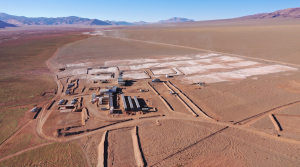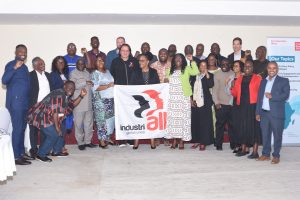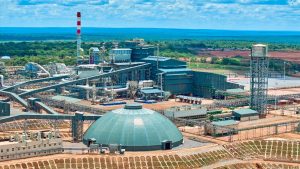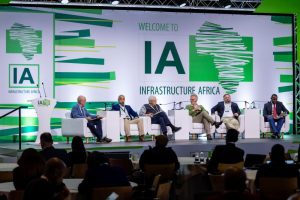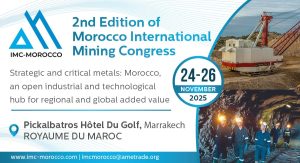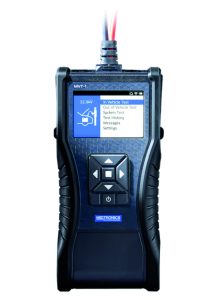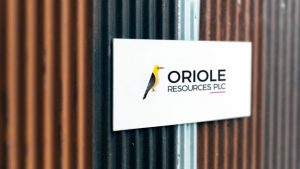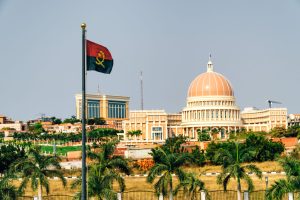Urgent privatisation of South African rail network is called for
By Simon Norton, Manager, International Zinc Association (IZA), Africa Desk
12 July 2022: A cursory online search reveals the tragic and appalling state of the railway network in South Africa, which has been degraded and damaged and commuter passenger services virtually destroyed since 1994. Numerous scandals have erupted in recent years involving State-owned rail enterprises. While the word ‘enterprise’ conjures up visions of a progressive, profitable, and go-ahead organisation, far from being successful, enterprises like Prasa, Metrorail, and Transnet have all become immersed in multibillion rand rail and locomotive scandals.
In the case of Prasa, it appointed an unqualified chief engineer and then acquired billions of rands worth of Vossloh España locomotives unsuited for the local rail network because they were too high and could not fit under various rail bridges. Huge amounts of taxpayers’ money were siphoned off by Swifambo Rail Leasing, with its owners acquiring luxury wine farms and houses from the ill-gained proceeds. In fact, Department of Transport Director-General Alec Moemi informed Parliament in 2020 that Prasa’s long-distance rail service was in a state of collapse as a direct result of the Swifambo saga.
In the case of Metrorail, hundreds of passenger rail carriages have been burnt out in Cape Town without any arrests or prosecution of those responsible. Metrorail trains seldom run on the five Cape Peninsula rail links which, it may be noted, ran uninterruptedly through two world wars and successfully from 1868 until 1994!
In the case of Transnet, the State-owned operation has been deeply implicated in a nefarious Chinese locomotive order. Between 2011 and 2014, Transnet, which runs freight rail services, ports, and pipelines, awarded CRRC three contracts worth R25.4 billion to supply it with 554 locomotives. The total locomotive contract was eventually worth R54 billion and yet Transnet often still complains it cannot meet commercial rail freight requirements.
With this sort of recent commercial history, is it any wonder that the call for rail services to be taken out of the hands of corrupt and inefficient government ownership has become a clarion call? The mining and ore concentrate sector has been heavily impacted by the failure of State rail operator Transnet to deliver the goods.
As reported in October 2021, Kumba Iron Ore was the latest company to flag concerns about the impact of Transnet’s rail and port challenges on its production output. Petrochemical company Sasol states it is facing logistical challenges in transporting export coal. Chrome and platinum group metals producer Tharisa Minerals has warned that inland logistics issues have resulted in longer supply chains and thus increased pricing for products.
We in the South African zinc industry are very concerned about the failed rail network and its devastating impact on value-added mining products and our GDP. With no zinc refinery in Southern Africa at present and serious refined zinc supply issues in the EU, the local rail network becomes of critical importance to move zinc ore concentrate to the ports, while needing to import refined zinc to the tune of 72 000 tons into the heartland of our industry.
A key input to competitive zinc ore concentrate supply is determined by the cost of transporting the ore to the nearest refinery or port. At present, there is a State-owned railway line running from Sishen in the Northern Cape to Saldanha in the Western Cape. Privatising the Sishen-Saldanha line is a hot topic, but it must be done soon.
Another urgent issue is the need to construct new rail links from Gamsberg and Prieska in the Northern Cape to the Sishen-Saldanha line to allow zinc miners to export zinc ore concentrate by rail to Saldanha Bay. Currently, Northern Cape zinc miners must transport ore by road, which is costly, time consuming and damaging to the national road network.
Turning from the rail links for freight to infrastructure: Zinc-galvanized steel plays a critical role in asset corrosion protection. We urgently need to rebuild the national goods and passenger rail network, perhaps even with a wider rail gauge that can run faster, heavier trains over long distances. A high-speed, wide-gauge rail from Cape Town to Johannesburg, for example, would be a major fillip to the economy and boost civil engineering.
Investing in such critical rail infrastructure will result in an increase in both refined zinc and galvanized steel demand in South Africa. If the government focuses intensively on growth in the railway industry, it will be a major stimulus for engineering, employment, and socioeconomic development. It is a tremendous win-win situation.
Using galvanized steel guarantees a long life for rail infrastructure and boosts local industries such as galvanizers, steel fabricators, and industrial painters. South Africa’s galvanizing sector itself has shrunk from 38 companies to 24, with some of the biggest pipe and tube galvanizers having shut down due to economic decline.
The dramatic fall off in the use of refined zinc over the past decade in South Africa is directly proportional to the trickle of major civil engineering projects, combined with a decline in mining infrastructure growth and expansion. This is particularly significant because more than 60% of refined zinc is used globally to produce galvanized steel for construction and civil engineering. It includes structural steel, railway lines, powerline masts, and steel in underground mining.
Ends
Connect with the International Zinc Association on Social Media to receive its latest news
Facebook: https://bit.ly/3uNP5w7
LinkedIn: https://bit.ly/3uNSAmb
Notes to the Editor
To download hi-res images for this release, please visit http://media.ngage.co.za and click the International Zinc Association link to view the company’s press office.
About the International Zinc Association
The IZA is the only global industry association dedicated exclusively to the interests of zinc and its users. Operating internationally and locally through its regional affiliates, the IZA helps sustain the long-term global demand for zinc and its markets by promoting such key end uses as corrosion protection for steel and zinc as being essential in human health and crop nutrition. IZA’s main programmes are Sustainability & Environment, Technology & Market Development and Communications.
In South Africa, the IZA plays a vital role in establishing the basis for the successful revitalisation of the zinc industry by increasing awareness of zinc and its applications and benefits in key sectors and markets, which will ultimately translate into the increased uptake of zinc.
International Zinc Association Contact
Simon Norton
IZA Africa Desk
Phone: (021) 788 9980
Cell: 082 831 2924
Email: zinc@iafrica.com
Web: www.zinc.org
Media Contact
Rachel Mekgwe
Senior Account Executive
NGAGE Public Relations
Phone: (011) 867-7763
Fax: 086 512 3352
Cell: 074 212 1422
Email: rachel@ngage.co.za
Web: www.ngage.co.za
Browse the NGAGE Media Zone for more client press releases and photographs at http://media.ngage.co.za
Share this content:



